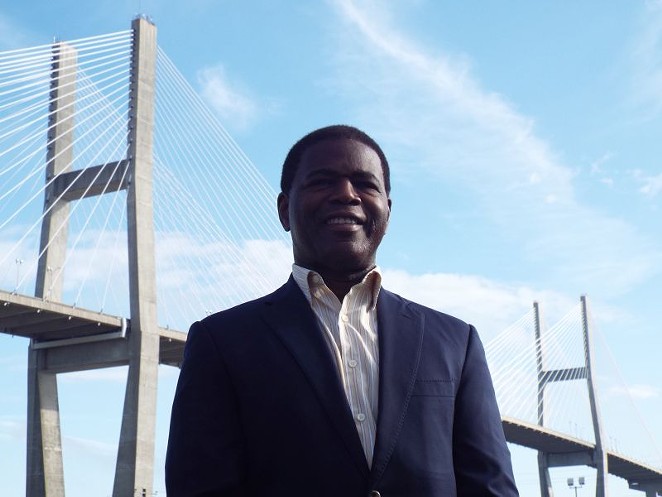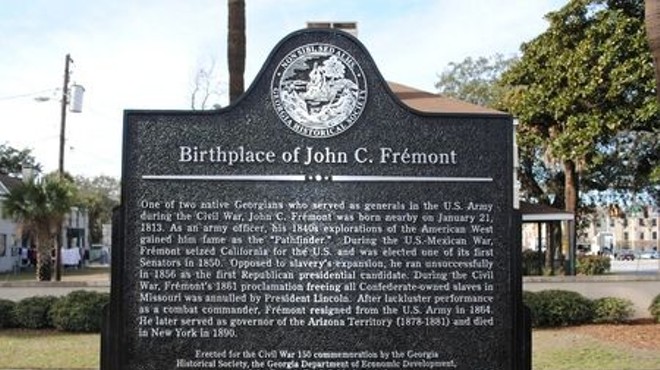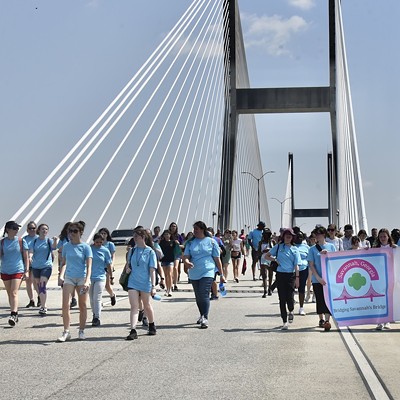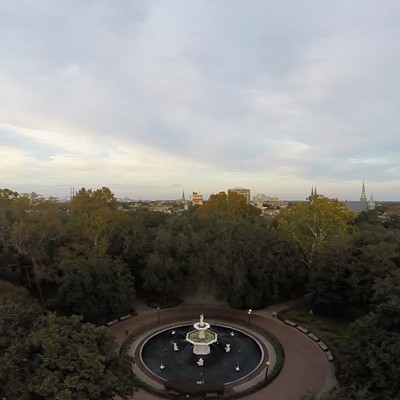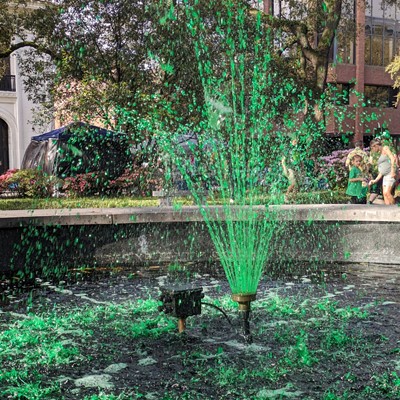WE CAN do hard things. I know it sounds crazy. And I’m totally stealing that phrase from a Massachusetts parish minister, the Rev. Elea Kemler.
But we can. Do hard things.
The idea comes to mind when I think about the effort to rename Savannah’s Talmadge Bridge, a beautiful piece of engineering whose moniker honors racial injustice.
“A lot of people are recognizing that it’s overdue,” says Ronald Christopher, a leader in the rename movement. “There’s a swell of energy that’s determined to make it happen.”
At their meeting last week Savannah mayor Eddie DeLoach and the rest of City Council signaled their desire to change the bridge’s name—a matter solely in the hands of state officials.
And on Sept. 5, the Span the Gap rename organization and the Beach Institute will co-host a forum on the bridge’s name, moderated by former mayor Otis Johnson.
These are not the first such meetings and rumblings. And they won’t be the last until the change comes. But renaming a bridge is easy...
What the name represents, however, where that leads, and even just “bringing it up”—let alone challenging it—those are the hard things that brought Christopher back home.
“It’s ludicrous to continue on this path which has brought us to the point where half of the city represents poverty and the other half is doing better but not as well as it could.”
Christopher knows about poverty. He grew up in Hitch Village. Nurtured by family, neighbors and teachers, he rose to be valedictorian at Savannah State University.
Then came a career in Army Intelligence, then degrees from Harvard Law School, where he knew the Obamas (Michelle: “friendly,” Barack: “laid-back”), and Wharton School of Business.
He became a lawyer and an investment banker in New York, dealing in mergers and acquisitions. High flying. Then after 22 years away from Savannah, the city started nagging at him.
“The idea of coming home and contributing, giving something back, was just compelling,” he says. “So that’s what I chose to do.” He didn’t have to return!
But in his time away, he saw Savannah change in some ways. Streets, facades, fancy restaurants. Easy things! But in other ways, like poverty and crime, it’s the same story.
“Some of the cultural mores seem to be a throwback to an earlier age,” he says. “And my sense is that we’re actually losing out as a city by not moving forward on that front.”
Christopher dares to connect our city’s dysfunctions—big ones, education and economics—with its “mores,” invisible holdovers from the past. Hard things.
“There’s been a path chosen for economic development that means that we’re not likely to get fundamental change,” he says of our low-wage, tourism-based jobs model.
“Once you make that choice, it has implications for how you manage the rest of the city,” he says, noting even people tasked with reducing poverty and crime buy into the system!
And, in case you need it spelled out, that system operates on “a set of assumptions and practices that tends to favor whites over blacks,” the definition of “white supremacy.”
Iceberg spotted.
So why isn’t Christopher, two years since returning from New York, yet on any number of boards or commissions where someone of his background could push for change?
“I get in where I fit in,” he says. “I’m still figuring it out. The hope is that ultimately I’ll find two or three areas of focus and ply my talents in those areas.”
I hope so, since he’s an untapped resource, interested in hard things, which we can do. Things rarely discussed, things you don’t want to listen to. (Like this maybe?)
So, even if you think this article and Christopher are bunk, at least you can listen. And there, like that, you’ve done one hard thing already! cs

